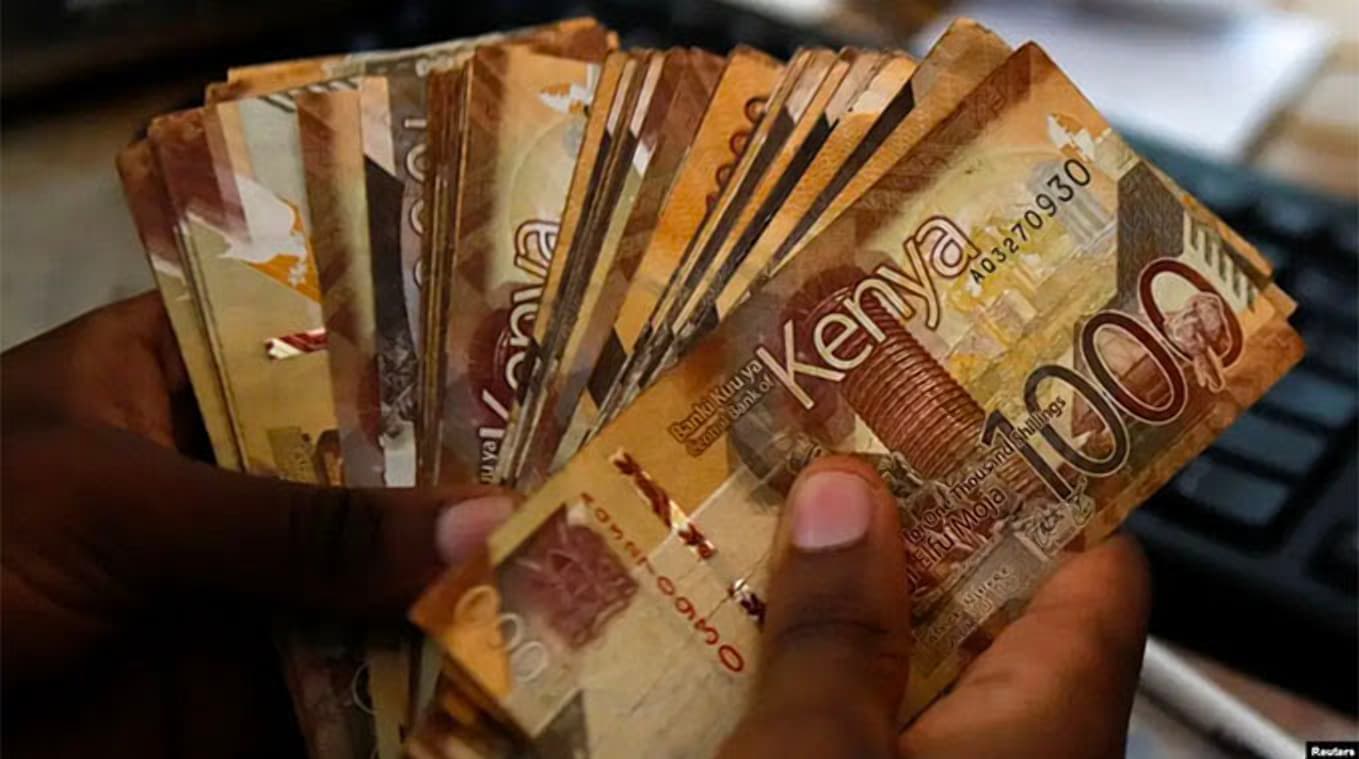We're loading the full news article for you. This includes the article content, images, author information, and related articles.
With Nairobi's rising cost of living, a KSh 32,000 net monthly salary presents a significant challenge for family life. A detailed analysis of current expenses reveals a tightrope walk between necessity and financial precarity, forcing difficult choices on housing, food, and transport.

As Nairobi solidifies its status as an East African economic hub, the cost of living continues its upward climb, leaving many residents questioning the adequacy of their income. For those earning a net salary of KSh 32,000, the prospect of marrying and sustaining a family in the capital is a daunting challenge that requires meticulous financial planning and significant sacrifice. This analysis, based on 2025 economic data, breaks down the essential costs to determine if such an income can support a small family.
After mandatory deductions, including the National Social Security Fund (NSSF) and the new Social Health Insurance Fund (SHIF) contributions—set at 2.75% of gross income—a gross salary of approximately KSh 40,000 is reduced to a net pay in the KSh 32,000 range. The Kenya Revenue Authority (KRA) Pay As You Earn (PAYE) tax further impacts the final take-home amount.
A fundamental expense is housing. According to a January 2025 report from the Kenya National Bureau of Statistics (KNBS), even in more affordable estates, rental prices are a major hurdle. For a small family, a one-bedroom apartment in areas like Embakasi or Rongai could cost between KSh 11,000 and KSh 12,000 per month. Opting for a more budget-friendly bedsitter at around KSh 7,000 to KSh 9,000 in areas like Roysambu or Kasarani might be necessary, though challenging for a family setup. This single expense can consume between 28% and 38% of the net salary.
Food is the next significant expenditure. With Kenya's annual inflation rate hovering around 4.6% in October 2025, food prices have remained a concern. A modest monthly grocery budget for a small family, prioritizing essentials from open-air markets over supermarkets, would realistically range from KSh 8,000 to KSh 12,000. This budget requires careful planning, such as buying staples in bulk and minimizing meat consumption.
Transportation in Nairobi is another unavoidable cost. Daily commuting via matatus for one working adult can amount to approximately KSh 100-200, totaling KSh 4,000 to KSh 6,000 monthly, depending on the distance from work. This figure excludes any transport needs for a spouse or emergency travel.
Basic utilities add to the monthly financial pressure. A conservative estimate for electricity (tokens), water, and cooking gas (a 6kg cylinder refill costs KSh 1,200-1,400) would be around KSh 3,000 per month. Internet and mobile data, essential for communication, could add another KSh 1,000.
Healthcare is a critical consideration. While the mandatory SHIF contribution provides a baseline of health insurance, out-of-pocket expenses for uncovered treatments or medications can arise unexpectedly. Setting aside even a small emergency fund is crucial but difficult on this budget.
A sample budget on a KSh 32,000 net salary could look like this:
Total Estimated Expenses: KSh 31,380
This leaves a negligible surplus of less than KSh 700 per month. This razor-thin margin leaves no room for savings, emergencies, childcare, education costs, clothing, or any form of leisure. Supporting a non-working spouse or a child on this budget is extremely challenging. For a family to be sustainable, a second income would be essential. Financial experts advise that housing should ideally not exceed 15% of one's income, a target that is nearly impossible to meet in Nairobi on this salary. While organizations like the Undugu Society of Kenya offer financial assistance to needy families, relying on such support is not a sustainable plan. The reality is that a KSh 32,000 salary forces a family into a precarious financial position where any unforeseen event could trigger a crisis. While it may be possible to survive, thriving and building a secure future for a family on this income in Nairobi requires significant external support or an additional source of income.
Keep the conversation in one place—threads here stay linked to the story and in the forums.
Sign in to start a discussion
Start a conversation about this story and keep it linked here.
Other hot threads
E-sports and Gaming Community in Kenya
Active 9 months ago
The Role of Technology in Modern Agriculture (AgriTech)
Active 9 months ago
Popular Recreational Activities Across Counties
Active 9 months ago
Investing in Youth Sports Development Programs
Active 9 months ago